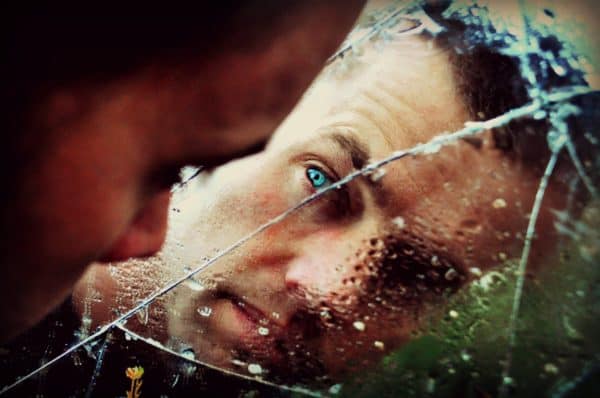5 Reasons Your Family Won’t Apologize for Scapegoating You
Dysfunctional family systems are ‘closed’ systems that resist integrating information that threatens the accepted family narrative. Family members who have scapegoated you will rarely accept responsibility for their actions, despite how egregious their mistreatment of you has been. Below are five reasons why you are unlikely to ever receive an apology from your family for their shameful treatment of you.




